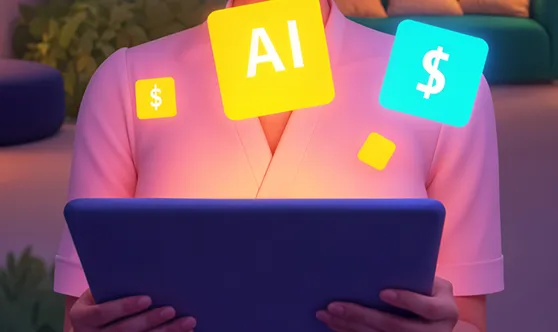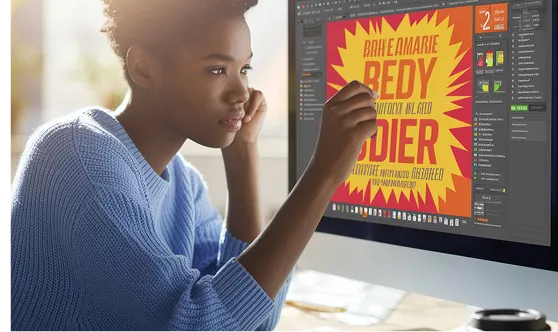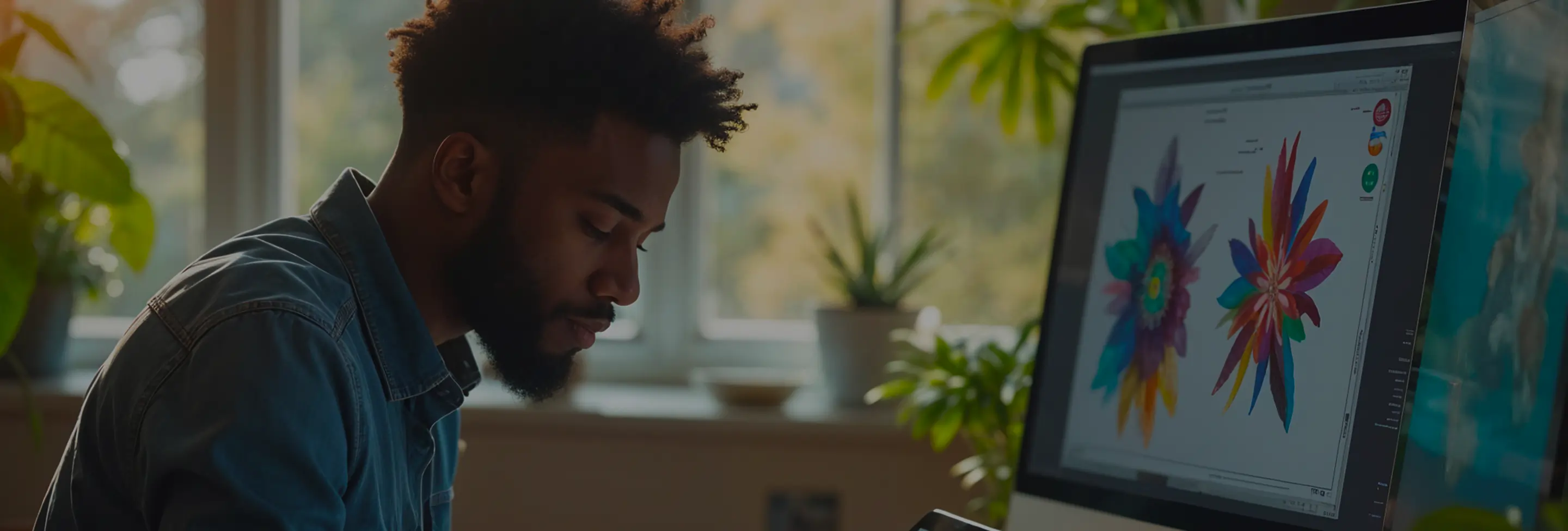
In a market where 65% of businesses still rely on traditional flyer distribution, our analysis uncovers a transformative opportunity through AI-driven personalization that increases engagement rates by over 50%. This insight challenges the conventional reliance on one-size-fits-all promotional materials and highlights the untapped potential of artificial intelligence in revolutionizing how businesses connect with their audiences.
Flyers have long been a staple in marketing arsenals, serving as tangible touchpoints for brand messaging and promotions. Despite the digital surge, many enterprises continue to invest heavily in printed flyers, believing their physical presence ensures better reach and impact. However, recent industry trends reveal a shift towards digital integration, with AI technologies poised to bridge the gap between traditional methods and modern data-driven strategies.
The prevailing assumption is that mass-produced flyers are the most efficient way to disseminate information quickly and broadly. Yet, this approach often results in low engagement and high wastage rates. Our research indicates that generic flyers fail to resonate with diverse target audiences, leading to diminished return on investment. Moreover, the environmental impact of excessive printing contradicts the growing corporate emphasis on sustainability.
To address these challenges, we propose a new framework centered around AI-driven flyer design and distribution. By leveraging machine learning algorithms, businesses can create highly personalized flyers tailored to individual consumer preferences and behaviors. This approach not only enhances relevance and engagement but also optimizes resource allocation by targeting specific demographics more effectively.
Data Collection and Analysis
Personalized Design Generation
Optimized Distribution Channels
Real-Time Performance Tracking
Studies have shown that personalized marketing materials can increase customer engagement by up to 80%. Additionally, companies implementing AI-driven strategies report a 30% reduction in marketing costs due to more efficient targeting and resource utilization. These findings underscore the viability and benefits of integrating AI into flyer-based promotional activities.
The integration of AI in flyer design and distribution is not merely an incremental improvement but a paradigm shift that redefines promotional strategies. As AI technologies continue to evolve, businesses will gain unprecedented capabilities in creating bespoke marketing materials that align closely with customer needs and preferences, driving deeper connections and fostering brand loyalty.
Skeptics may argue that the initial investment in AI technologies and the complexity of implementation pose significant barriers for small to medium-sized enterprises (SMEs). However, the decreasing cost of AI solutions and the availability of user-friendly platforms are making these technologies more accessible. Furthermore, the long-term gains in efficiency and engagement justify the upfront expenditure, ensuring a competitive edge in increasingly saturated markets.
Invest in AI Training and Tools
Prioritize Data Quality
Integrate AI with Existing Marketing Channels
Monitor and Adapt
AI is poised to revolutionize flyer design and distribution, offering a highly personalized and efficient alternative to traditional methods. By embracing AI-driven strategies, businesses can enhance engagement, optimize resources, and stay ahead in a competitive landscape. The future of promotional materials lies in intelligent customization, and those who adapt will lead the way in creating meaningful consumer connections.
For a visual representation of the AI Flyer Framework, please refer to the accompanying diagram below.
Key Insights Highlighted:
Figure 1: AI Flyer Framework Diagram




Subscribe to our newsletter to receive $100 off your first month of Tapflare's flat rate unlimited design and development service. Your coupon code will be sent to your email.